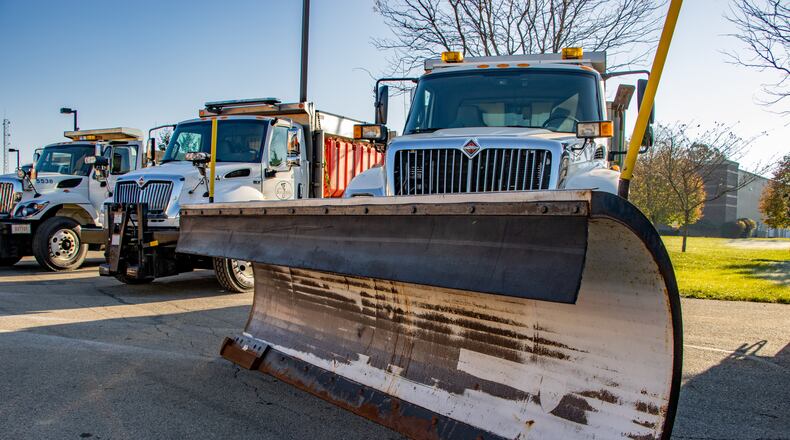“Without additional funding, reductions will be necessary,” said City Manager Pete Landrum, adding that the normal inflation rate outpaces levy revenues. “The city will also not be able to maintain its current service levels as requests for services continue to climb.”
According to unofficial final results from the Greene County Board of Elections, 55.1% voted no on the tax levy, and 44.9% voted yes. More than 11,000 votes were counted, putting turnout at 33% of registered voters.
The margin was larger than the last time Beavercreek voters considered an income tax (in November 2020), as 52% had voted against that measure. Beavercreek has put a 1% income tax before voters five times in 40 years, all of which have been rejected.
“I am certainly disappointed by these results,” said Mayor Bob Stone. “Council listened to residents who say their property taxes are too high. Council took that feedback and vowed to terminate additional property taxes to try and lessen the city’s tax burden on property owners.”
John Mitchel, a member of the Beavercreek Tax Busters PAC, who opposed the levy, said he doesn’t want to celebrate too early.
“We worked harder this time, and it went down by more,” he said. “I think that sends a message. It’s not going to come back right away.”
Beavercreek is one of only three cities statewide, including Bellbrook, that do not levy an income tax, according to state records. Nearby, Kettering, Xenia, Fairborn and Huber Heights all have city income taxes of 2% or 2.25%.
If Beavercreek is going to cut programs, Tax Busters is going to “take more of an active role” with city council in identifying areas of “wasteful spending,” Mitchel said.
“Our whole argument has been accountability,” Mitchel said.
The city estimates it has a $200 million backlog in infrastructure projects, based on how old current infrastructure is. That number, determined about 10 years ago, is likely a low estimate, officials said, as costs have gone up and the list of projects continues to grow.
“The rapid growth and development that took place in the 1980s through 2000s means most of the city’s infrastructure is now 20 to 40 years old,” Landrum said.
The city is using a portion of its $5 million in American Rescue Plan Act funds for a stormwater study. The last Beavercreek stormwater study, in 1983, stated the city had $30 million worth of needed projects.
“The need to increase city service levels and address the city’s backlog of infrastructure projects is urgent,” Landrum said. “These issues will become more evident to residents as the city’s infrastructure continues to age and the demand for city services grows.”
If passed, the income tax would have replaced five existing property tax levies totaling 8.1 mills, or approximately $134 per $100,000 of home value annually.
The money would have been used to replace revenue from the terminated levies, hire five additional police officers and five public service workers, and fund infrastructure improvements and general city operations, according to the tax ordinance.
“Somewhere along the line, additional revenue has to come in or services have to be cut,” Stone said. “We’ll see if there are other options to offer our citizens.”
About the Author

